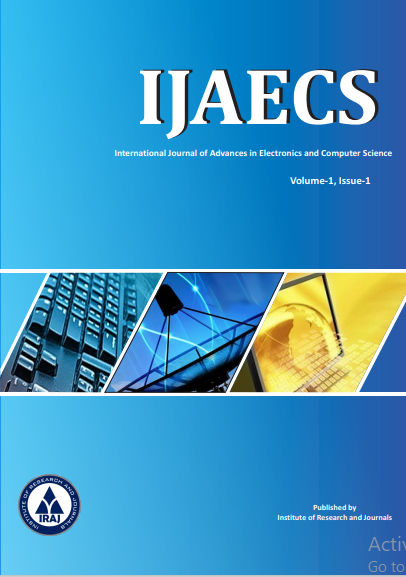Publish In |
International Journal of Advances in Electronics and Computer Science-IJAECS |
 Journal Home Volume Issue |
||||||||
Issue |
Volume-8,Issue-1 ( Jan, 2021 ) | |||||||||
Paper Title |
Automatic Knowledge Completion Through Neuro-Symbolic Rule Inference | |||||||||
Author Name |
Hyun-Kyu Park, Jae-Seung Roh, Won-Chul Shin, Young-Tack Park | |||||||||
Affilition |
Department of Computer Science, Soong-Sil University, Seoul, Republic of Korea | |||||||||
Pages |
14-18 | |||||||||
Abstract |
A knowledge graph is a network representing the relations of data obtained from various sources; it has been widely applied through integration with artificial intelligence technology. However, these graphs can be operated based on incomplete knowledge due to missing entities and relations from data collection. Knowledge completion should be analyzed to solve such problems, and research has been actively conducted to develop neuro-symbolic knowledge completion methods through the combination of deep learning and symbolic reasoning. Existing methods perform knowledge completion by learning the similarity between symbols, including entities and relations embedded to be located near similar symbols in the vector space. Although these methods exhibit better performances than models based on link prediction, they increase the calculation complexity because similarities between entire entities and relations must be considered. Hence, this study proposes a novel neuro-symbolic knowledge completion method that minimizes the number of symbols to be considered through parameter passing by applying symbolic unification and learning symbol similarities based on relation embedding. This method identifies appropriate substitution sets for entities through symbolic unification under rules established and learns relation embeddings of facts obtained to reduce calculation complexity. It is experimentally verified that this method exhibits a higher training speed and better performances than existing similarity learning methods that consider the entire entities and relations. Specifically, the proposed method is compared with a recent knowledge completion method based on three types of benchmark datasets to measure the performance of the former experimentally. The experimental result indicates that the proposed method requires less training time than the existing method, and that the performance of the former is 30% or higher than that of the latter in terms of the HITS@1 measurement Keywords - Knowledge Graph, Knowledge Completion, Relation Embedding, Neuro-Symbolic, Neural Theorem Prover. | |||||||||
| View Paper | ||||||||||